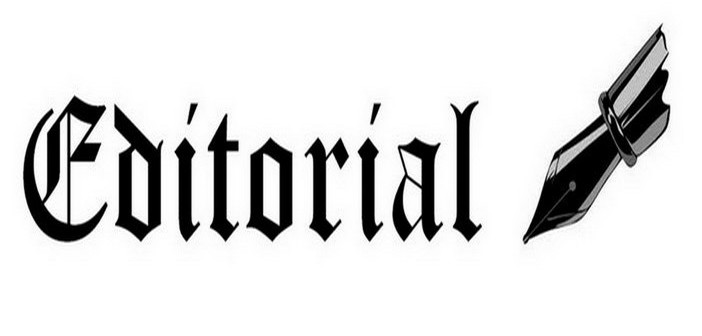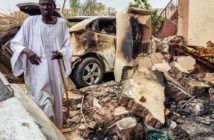The Yemeni episode of the “Arab Spring” of 2011, no more than elsewhere (with the exception of Tunisia), was this “popular revolution” invented by the mass media in Paris, London and Berlin, which thought they could detect the emergence of a civil society, imagined through Western sociopolitical prisms inadequately mobilized to apprehend as many different contexts as there were “Arab” states in trouble; nor has it led to democracy.
In Yemen, the “democratization” applauded by all the Western media during the presidential elections of February 2012 (which however presented only one candidate), did not take place.
The Yemeni “revolution” of 2011, which lasted less than a week and was confined to the camp erected by a few handfuls of students in front of the University of Sanaa, immediately exploited by those who fought for power, turned to a “war of lords “.
An imbroglio that annoyed the Saudi monarchy, worried about the disorder that broke out at its border, in this region of the Peninsula since a long time considered by Riyadh as a quasi-protectorate. The throne of Arabia thus put order by imposing its unique candidate for “democratic” elections.
It was to plan without the large minority of Shiite obedience who in Yemen, was not going to accept this new Sunni deal: the Houthites.
Almost seven years have passed, and the Yemeni civil war continues, now part of the proxy war in the Arabian Peninsula led by the two rival regional powers: Iran and Saudi Arabia.
An extremely deadly war, the effects of which are amplified by famine and successive epidemics; a war that is often said to be “forgotten”, according to some, not because it would be of no interest, but because it would be extremely difficult for journalists to enter Yemen and access the conflict areas…
But perhaps the reasons for this media “forgetfulness” lies elsewhere; and why not in the involvement of several Western governments and multinationals who have chosen their side, that of the Saudi monarchy?
Our reporters and specialists – who have had no problem getting to the field – have looked into this not-so-forgotten war; not in any case by those who in Riyadh, Paris, Washington, and Tel Aviv, but also in Tehran, pull the strings of a local tragedy that has already cost the lives of thousands of men, and women insignificant citizens of one of the poorest states on planet Earth.



